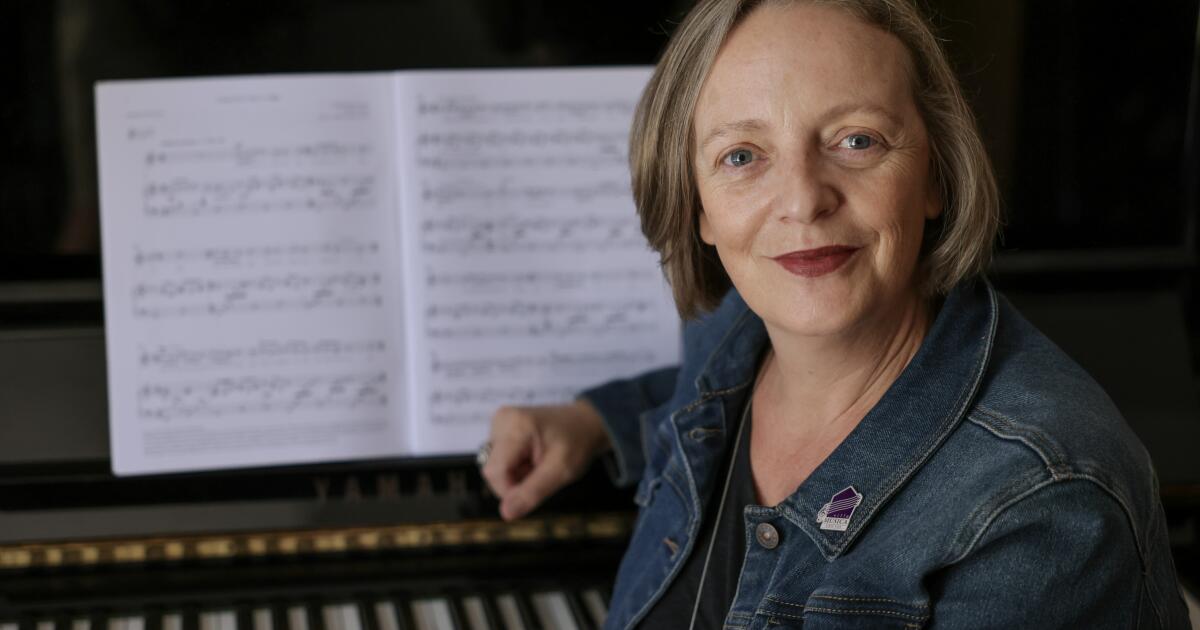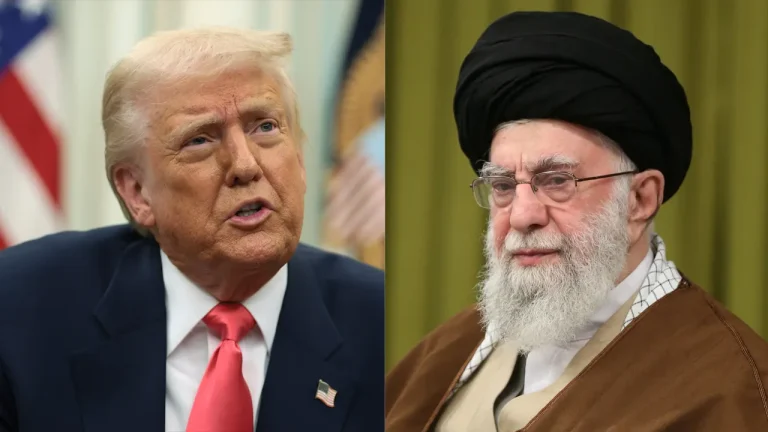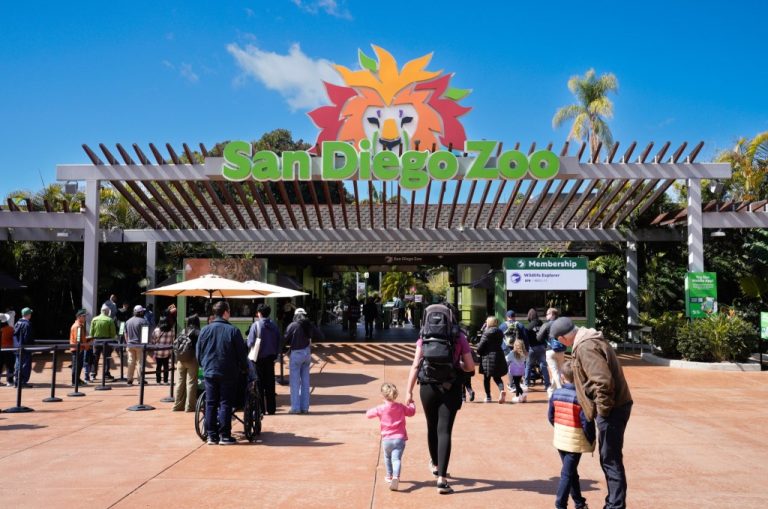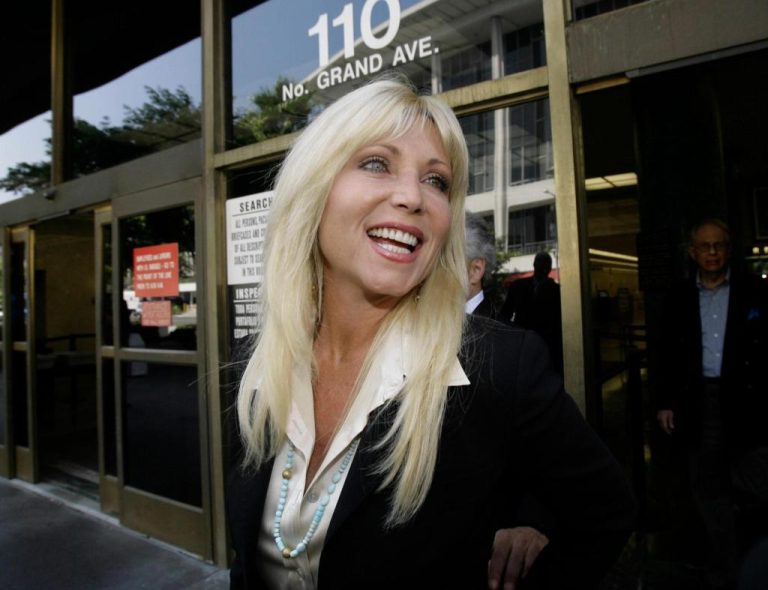
Fiona Chatwin was 6 years old, sitting next to her younger brother as they pounded on the upright Wertheim piano her parents had bought them from a classified ad in their home in Melbourne, Australia. The only music she remembers hearing before that was her mother’s singing and her father’s jazz records, but she would go on to play the piano, leading to a love of musical theater when she won the lead in the school musical in the ninth grade.
“I was hooked. Musical theater was my first passion,” she says. “Acting and singing were my thing, so I decided to step into opera, and wow! I got a scholarship to a small conservatory in Melbourne, and I was on my way.”
She earned a doctorate in musical arts from UC San Diego with an eye toward a career as both a vocalist and a teacher. She had always wanted to “create a space for people to find music, to belong to a community of like-minded people who are seeing the same experience. I always wanted it to be equitable,” and in 2005 she founded Villa Musica, a nonprofit community music center providing free music lessons and programming to children and adults in lower-income communities. The goal has been to make these opportunities accessible, regardless of how much money someone makes. There are two concerts next weekend that demonstrate the organization’s work and focus: “Intersection Arts Opening Art” with visual art by San Diego artist Brenda Salamone and live music by Hannah Baron at 6:30 p.m. Nov. 11 in their recital space at 10373 Roselle St., Suite 170, San Diego; and the “Villa Musica Annual Showcase” featuring performances by faculty and students at 2:30 p.m. Nov. 12 at All Souls’ Episcopal Church, 1475 Catalina Blvd., San Diego.
Chatwin, 58, is executive and artistic director of Villa Musica and lives in University City with her husband, Jude Weirmeir, and they have a daughter, Imogen. She took some time to talk about her focus on community music education, how the skills learned in music can translate into relationships with other people, and their six-week program in partnership with UC San Diego’s Alzheimer’s center to help caretakers and people with Alzheimer’s find connection through music.
Q: Tell us about Villa Musica.
A: It is a place where people can come to explore the power of belonging to a musical community; as a student, as a performer, as a teacher. Most importantly we offer music educational experiences and performance opportunities without judgment.
In 2005, a friend and I discussed the idea of creating a safe space for people to come together to learn music; no auditions, no elitism, something for everyone. An anti-conservatory of sorts. Villa Musica was born, on paper, in November of 2005. With a baby on one hip and articles of incorporation clasped tightly in my hand, we were officially in business. People have always referred to Villa Musica as my “second child.”
My husband and I were about to graduate from UC San Diego and we were, quite frankly, a bit over academia (we both have four degrees each!), so looking to do something music related was a high priority. We got some seed funding from a donor and got things rolling: a summer camp, a non-audition community chorus, a group class here and there. We ran out of churches and rec centers for the first five years until we opened our own space in 2010. That was the year my daughter went to kindergarten. The signing of that lease felt very organic.
Q: The website mentions that you all are often asked why it’s important to make music and why it’s important to provide a space for people to come together to make music; your response was that doing this creates community. Can you elaborate on your perspective on the role of music in creating community, and how you’ve seen this unfold through your work?
A: I believe that music making and music sharing is an essential vehicle for self-expression. Music making can make you feel so many emotions: pride, fear, vulnerability, joy. In many instances, music listening can also be a very moving experience. Providing a nurturing and safe place for people to explore making/listening to music creates a community of support and respect. I see this on Fridays at our main campus when students are encouraged to share what they have been working on. Some of the sharers are tinkling their first tentative notes in front of an audience, others are playing through repertoire that they will present at Carnegie Hall in January. The applause is just as loud for both.
What I love about University City…
I love being able to walk or ride my bike anywhere. The trolley now comes to within a five-minute walk of my house. The UTC mall has been upgraded lately and offers every possible kind of dining experience. Villa Musica’s main campus is a 10-minute drive from my home. My neighborhood is very diverse and because of the proximity to UC San Diego, filled with interesting people from all over the world. I love it.
Q: You also have the Musical Biographies program, in partnership with UC San Diego’s Alzheimer’s research center, in the form of a six-week workshop that helps families and caregivers to create memory books inspired by music. How did this program and partnership come about?
A: My dad has dementia with Parkinson’s disease and lives in care. Music is a way to get my dad to respond. Actually, it’s way to get my dad to “light up.” I had read about the impact of music on the brain while doing my master’s degree in Australia. I also know about programs where people provided iPods and a playlist of meaningful music for people living with dementia that is soothing and ignites connection and interest in a world that is less and less meaningful as their memory and brain function deteriorate. I wanted to add a layer to this by adding a book of memories. A book that brings the music to life with artwork, photographs, textiles, and memories that pertain to special moments in the participants’ lives. For a person living with dementia, and their care partner, this is a bonding experience based in fun, rather than day-to-day care. Our team of facilitators are an extraordinary group of expressive arts therapists guiding and encouraging musical choices and art making each week, and because of our collaboration with the team at UC San Diego, we have social workers and interns supporting the program, too.
Q: What kinds of outcomes have you seen as a result of the Musical Biographies program?
A: Every week something special happens at one of these sessions. We see people laughing and dancing, crying and consoling, supporting and sharing. Stressed out care partners take a moment for a coffee in a corner to talk about shared concerns. People who spend most of the week shut down, or angry and confused, come to life as we share a favorite song from their youth. For two hours, dementia is not the focus and, in its place, we find joy and laughter. Just a bunch of friends experimenting with artmaking, collage, and sharing their love of music. Don’t get me wrong, tears are common, but they are tears of joy and reminiscence, not of frustration and exhaustion.
Q: What is the best advice you’ve ever received?
A: I once received some feedback through a 360 review: “Let us love Villa Musica as much as you do.” It was a request for me to let go, but at the time I heard this I couldn’t put it into practice. I didn’t know how. Ten years later, I am happy to say I am getting there.
Q: What is one thing people would be surprised to find out about you?
A: I am taking a sabbatical in 2024. With the support of the Fieldstone Leadership Network San Diego and the Clare Rose Foundation, I am taking a four-month paid vacation. I know, right? Sounds crazy. Talk about letting go! Nonprofit leaders are terrible at taking time off, so Fieldstone created this amazing program to encourage rest and rejuvenation in the sector. They give two sabbaticals annually, and I got one this year.
Q: Please describe your ideal San Diego weekend.
A: Tennis on Saturday morning with my bestie, Annette. We are both Australian and equally awful at tennis. Saturday afternoon, a walk in the canyon behind our condo, and later some cooking and good wine with my husband. Sunday, a bike ride down to (and around) Mission Bay and back up the hill to University City.






